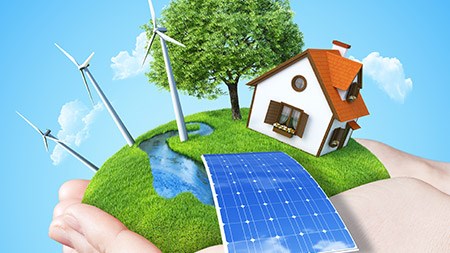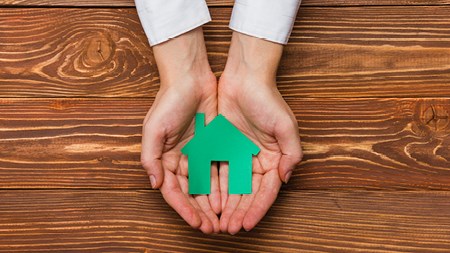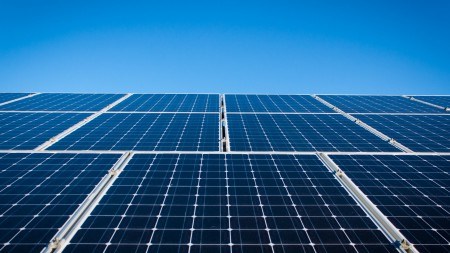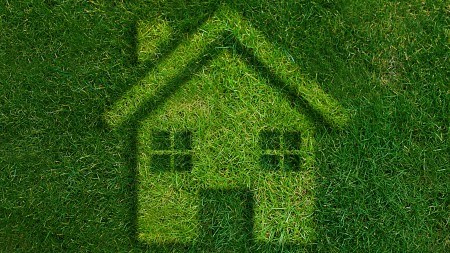There has been a significant appreciation for sustainable living in South Africa over the past few months as a major global city faces serious water challenges. The support by the private sector and residents has shown the dedication we as people have to the sustainability of our communities and families. The dire situation in Cape Town, which now has all hands on deck to avoid 'Day Zero' has showcased the demand for homes that are geared toward environmental preservation.
The global shift toward building green economies will continue to be a hot topic in 2018 and years to come. As we as societies start embracing the need for change in other aspects of our lives the importance of ensuring our foundation, our homes, are aligned with these practices will become more frequent. We see the evolution of new developments, residential and commercial building as well as home renovations changing the landscape of these industries. One such example was last year's Nedbank Corporate and Investment Banking (NCIB) first disbursement from an innovative R120 million Sustainable Affordable Housing finance facility that was put in place through the collaborative efforts of Nedbank’s Affordable Housing Development Finance division, and South Africa’s Green Fund.
In the affordable and low-cost housing segments we've already seen a major push by government to incorporate solar installations to homes. This obviously also is an attempt to reduce demand from the electricity grid which we've known has experienced difficulty in recent years.
There has certainly been an increase in demand for 'green' homes by first-time buyers. Our understanding implies that our younger audience have a greater desire to live sustainable lives and that paired with this innate need is affordability. In a country where consumers often experience a price pinch between increased rates, input costs and expenses versus income, saving on home expenses can relieve a lot of pressure.
For South African property owners, the experience of power outages, environmental threats and escalating electricity tariffs make green solutions such as solar power a practical consideration. Although greening a building – whether building new or renovating – can be expensive, the savings in future operational costs invariably make the initial investment worthwhile.





